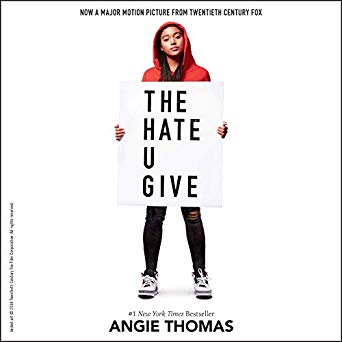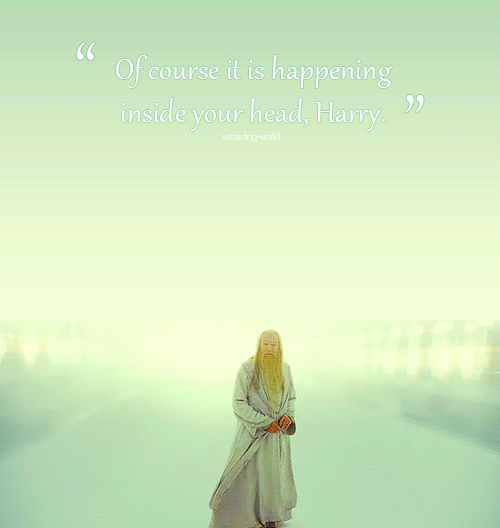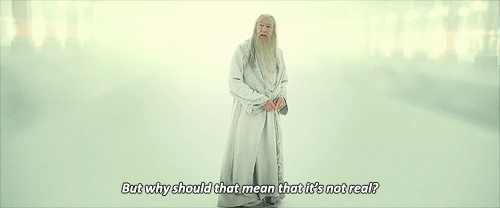 I just finished the audiobook of The Hate U Give by Angie Thomas. I wanted to change up my racial justice commute time, because honestly sometimes it’s hard to feel like I want to immerse myself in a nonfiction book that’s gonna hit me with fact after fact after fact of the history and current reality of racism. Even if it weren’t hard emotionally — which you could certainly argue is a poor excuse for turning away from truth — it’s just hard to take in all that information and retain it effectively.
I just finished the audiobook of The Hate U Give by Angie Thomas. I wanted to change up my racial justice commute time, because honestly sometimes it’s hard to feel like I want to immerse myself in a nonfiction book that’s gonna hit me with fact after fact after fact of the history and current reality of racism. Even if it weren’t hard emotionally — which you could certainly argue is a poor excuse for turning away from truth — it’s just hard to take in all that information and retain it effectively.
So, I’m mixing in some racial justice-themed fiction and not apologizing for it. Humans are creatures of story, after all. We’ve always told stories to make meaning of the world around us — from the figures we saw in the stars, to Aesop’s fables and the parables of Jesus, to Dickens’s A Christmas Carol which pretty much reinvented Christmas and Harriet Beecher Stowe’s Uncle Tom’s Cabin which Abraham Lincoln credited with starting the Civil War, to George Orwell’s Animal Farm and The Jungle by Upton Sinclair. And let’s not forget Free to Be… You and Me, the classic 70’s children’s album of songs and stories that taught me to be a teeny-tiny feminist.
Now, I’m not saying that The Hate U Give is up there with To Kill A Mockingbird in the pantheon of novels that shift our cultural narratives. But Angie Thomas, I see at least some of what you did there, and it’s worth seeing.
Yes, THUG feels a little paint-by-numbers at times. But wow, the outlines of a lot of important ideas are drawn fairly artfully into this young-adult fiction. It’s basically an illustration of the Black Lives Matter movement, shown through the eyes of a teenaged black girl who (#spoileralert) witnesses the killing of her childhood friend by a police officer. Why does it feel to her and all the black people around her like a murder? Why is she angry that the words “suspected drug dealer” seem to matter to many of the white people around her more than everything else about his life? Why does it make sense to her when her community literally goes up in flames in response? It’s vividly illuminating to see all this through our young narrator’s eyes — and through the eyes of author Angie Thomas, a young black woman from Mississippi who says that her lived experience informs her writing.
So, if you’re looking for a way into talking or thinking about why Black Lives Matter, this book is a solid place to start. It’s not perfect, but it’s part of a long and honorable tradition of art for social change.
And to paraphrase the great fictional philosopher Albus Dumbledore: “Of course it’s fiction, but why on earth should that mean it’s not real?”

